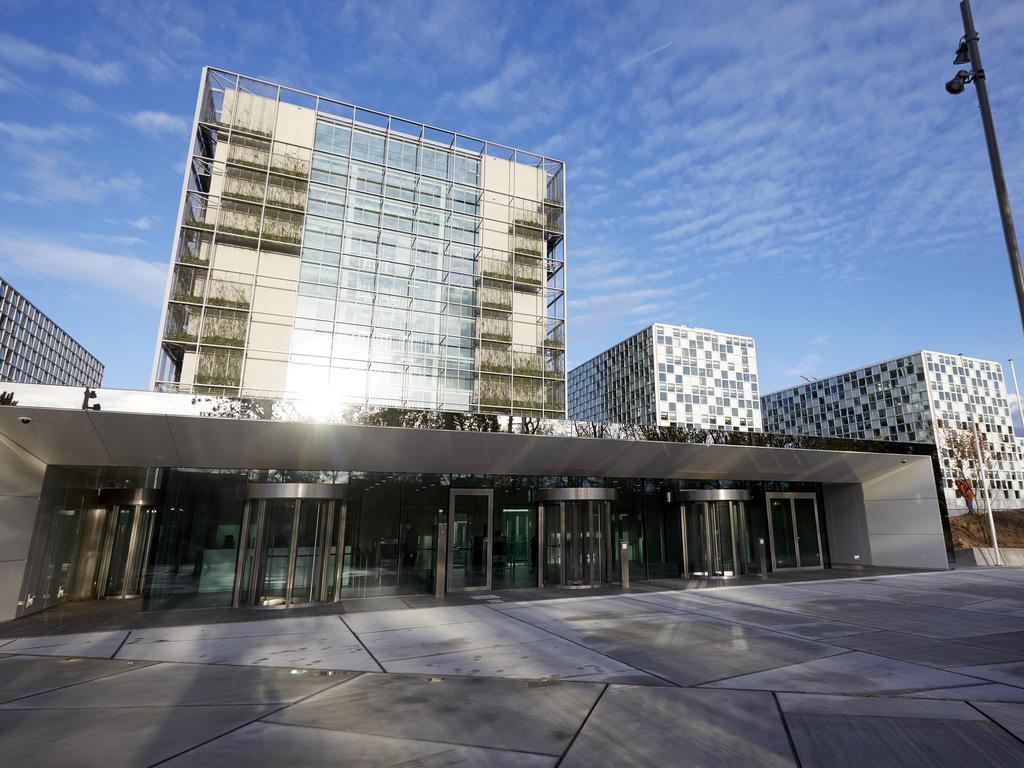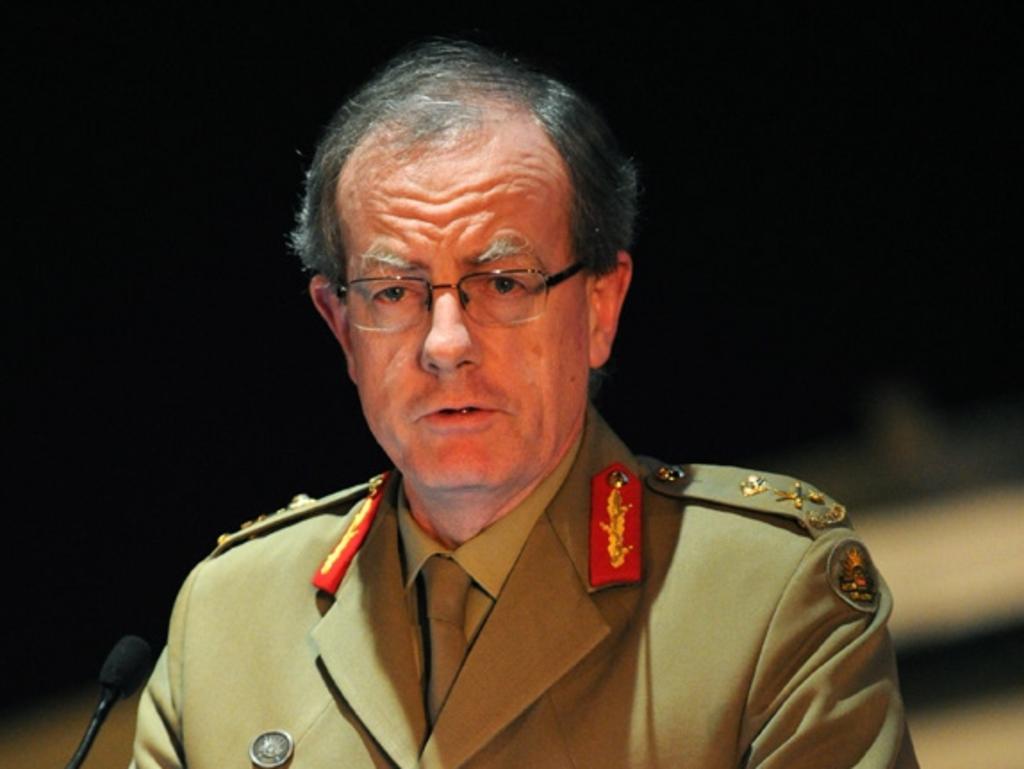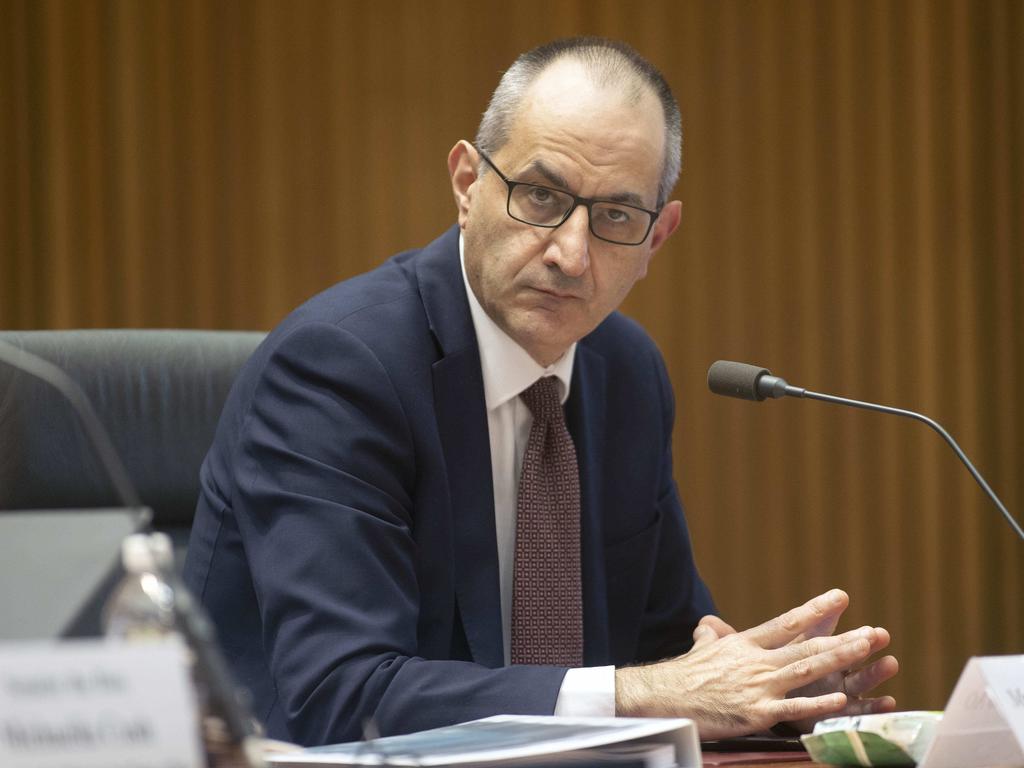Australian Special Forces soldiers could be prosecuted under rarely-used war crime laws
Australian Special Forces soldiers prosecuted for war crimes would be dealt with under a rarely-used international law.
National
Don't miss out on the headlines from National. Followed categories will be added to My News.
Special Forces soldiers accused of committing war crimes in Afghanistan will be prosecuted under an obscure international law known as the Rome Statute.
News Corp understands any prosecutions brought as a result of the Brereton inquiry will be dealt with under the specific statute of the International Criminal Court.
An act of Parliament passed in 2002, the International Criminal Court Act, established a legal pathway for international war crimes to be dealt with under Australian domestic law.
Australia is one of 123 signatories to the Rome Statute of the International Criminal Court, based in The Hague.
The statute means the internationally-recognised crimes of genocide, war crimes and crimes against humanity are criminalised under Australian law.

The Rome Statute is also the way Australian soldiers will be kept out of the International Criminal Court, which is effectively a court of last resort, as the ICC cannot accept cases if they are being investigated or prosecuted by a home nation.
According to the Attorney-General’s annual report for 2019-2020, “Australian authorities can therefore investigate and prosecute crimes within the ICC’s jurisdiction, allowing Australia to retain primary jurisdiction over such crimes alleged to have been committed in Australian territory or by Australian citizens.’’
Mystery has surrounded how the Government intends to prosecute any soldiers accused of war crimes, after Assistant Inspector-General of the Australian Defence Force Justice Paul Brereton found 25 current and former Special Forces soldiers were involved in the alleged murders of 39 Afghan civilians or prisoners.
He referred 19 of them to police for investigation and potential prosecution.

The Government announced it would establish an Office of the Special Investigator, using Australian Federal Police powers, to investigate the soldiers, but has not yet announced who will head the office, where it will be based, or how it will run.
The Department of Home Affairs will establish the Office of the Special Investigator, but declined to give specifics on how it would work.
“The OSI will operate under the various legislation that applies to the investigative process and will require a large contingent of investigators and associated operational support; the majority of whom will be seconded into the OSI from the Australian Federal Police (AFP),’’ a spokeswoman said.

Home Affairs secretary Michael Pezzullo told a Senate Estimates committee last week the AFP would have the ability to use telephone intercepts and surveillance devices, and that state and territory detectives could be recruited to join the office.
Mr Pezzullo said he had only seen the redacted Brereton report, and that Home Affairs would not have an investigative role, with all evidence and documents moving directly between the Inspector-General of the ADF to the new Office of the Special Investigator.
The head of the agency, and its staffing and funding levels, were still being determined.
The Attorney-General’s Department confirmed last night no proceedings have been launched to date in Australia under the provisions of the Rome Statute.
More Coverage
Originally published as Australian Special Forces soldiers could be prosecuted under rarely-used war crime laws








